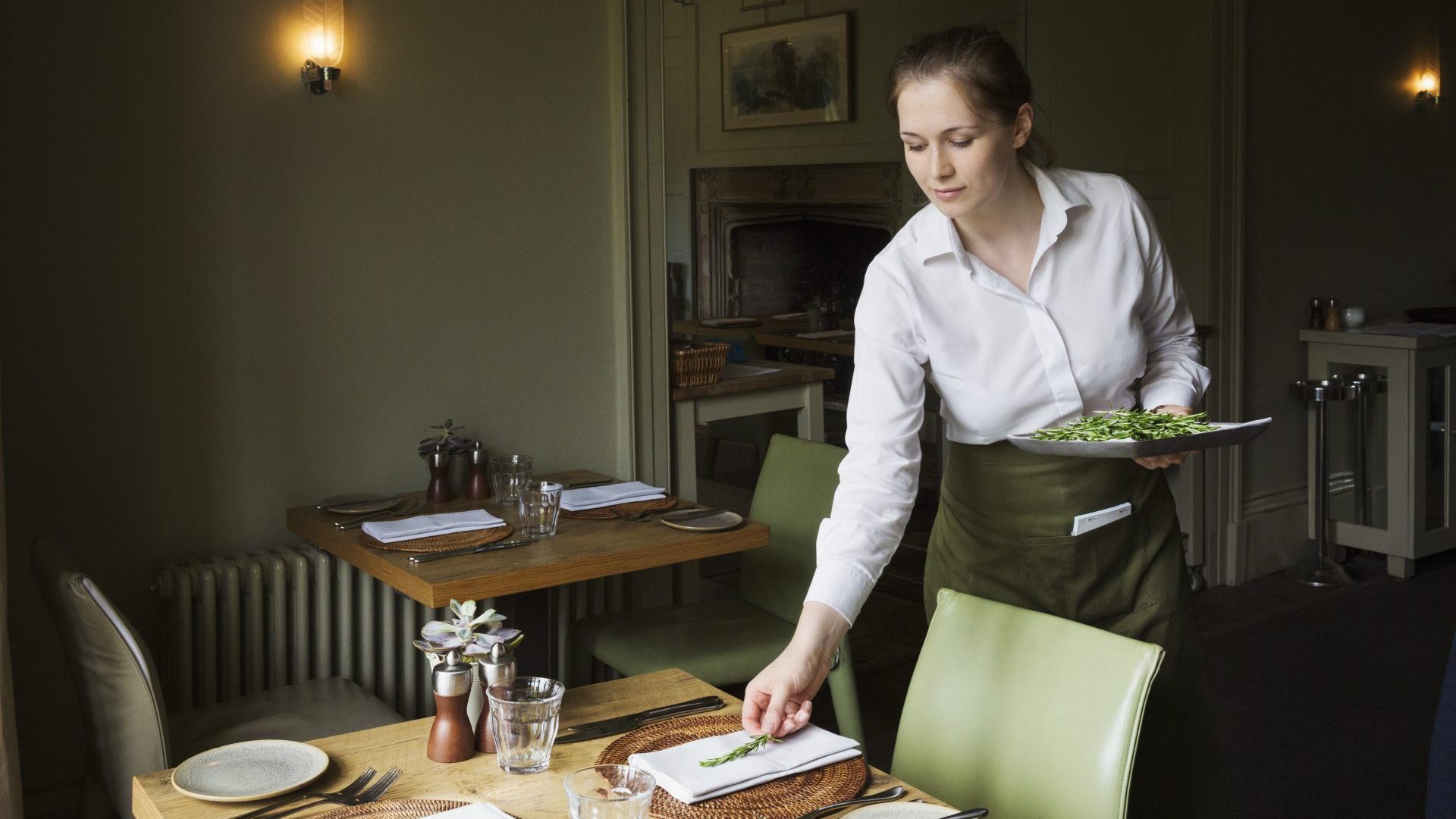I heard recently that the last time the All-Party Parliamentary Group (APPG) for Hospitality and Tourism held an inquiry into worker shortages in the industry, about 40 MPs backed proposals to lower VAT rates. At 20%, ours is one of the highest purchase tax rates in Europe, and one of the reasons – together with soaring food prices, high rents and an increase to the national minimum wage – that restaurants are proving inaccessible to many would-be diners.
Persistent calls to the government to intervene and help out have fallen on deaf ears. Almost 2,000 restaurants went bust last year, but Rishi Sunak and co are apparently uninterested.
The lamb curry at Chutney Mary, the prime minister’s favourite restaurant (or one of them, anyway) costs £36 in 2024. Sunak won’t have trouble forking out, but to many such a sum for one dish would be insurmountable. Which is a shame, because it’s a stunner.
For publicans and restaurateurs, challenges abound. Last week, it was announced the APPG for the sector will be meeting again to explore why the hospitality industry has such a high number of staff vacancies, one of the biggest issues.
This has only been a problem since Brexit. Anyone au fait with the news will know that Europeans, whether Italian, Polish or French, have been leaving the UK in their droves since the referendum kicked in.
Last month I wrote about Italians in particular, with thousands of restaurant professionals deciding – well, forced, in part – to head home due to a rise in the visa threshold. New regulation means the minimum salary requirement for a skilled work visa is increasing from £26,000 to £38,700, rendering junior and some mid-level jobs in the hospitality trade unworkable.
There are positives to the latest meeting of MPs. I’m told it will be a solution-driven approach (David Brent is not my source) focusing on getting young people here into pubs, restaurants and hotels.
It is well-known that too few Britons see hospitality as a long-term career. On the continent, in the likes of France and Italy in particular, cooking and front-of-house jobs are lauded, celebrated and revered. Here, a stigma sticks, one that leads far too many to view pulling pints or serving risotto as a stop-gap sort of job for students and the like. A broader change in mindset would be welcome.
Lobbying until now hasn’t worked. The number of unfilled hospitality roles has remained steadily above the 100,000 mark since 2020, when the pandemic struck. With Brexit, challenges have only escalated. At the end of 2023, the Office for National Statistics had the figure at 112,000.
For some time now, ministers have been proffering this idea of getting homegrown talent into restaurants. OK, good. But I don’t see why it needs to be mutually exclusive.
There are approximately 700,000 18-year-olds in the UK. A seventh of those aren’t all going to choose hospitality as a career path and plug the gaps. We need Europeans.
In any case, we should celebrate the fact that people want to come to Britain to work, not least in the country’s pubs and restaurants. Many consider London to be the best place to eat and drink in the world these days (Tokyo and New York both have a shout) thanks to its diversity and scale.
If this latest taskforce fails to find solutions, closures will continue apace. There is much to enjoy in British hospitality today – plenty of success. But the government needs to do far more.
I hope to hear back from Simon Jupp MP, chair of the parliamentary group, to see what he has to say when it comes to converting chitchat into reality. Because we need a shift, a big one, both culturally and politically.




